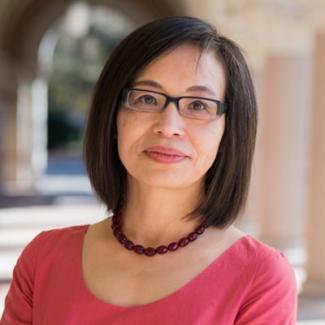Event

In recent years US society has witnessed clashes of different versions of truth. It is not surprising to see this in a pluralistic society such as ours. What is surprising, however, is how shocked we are to see that other members of our own society can have an entirely different, or fundamentally opposite, understanding of the same event. The ensuing sense of crisis reveals our own assumption that a society needs to be governed under the values that are shared by the majority. Does our understanding of North Korea reflect this assumption, that is to say, the assumption that it, too, should be governed by dominant ideas, beliefs, or indeed, truth? After all, we have no problem thinking that North Korea is a totalitarian society placed under decade-long nepotistic dictatorship. The question then becomes: What does North Korea’s truth look like to North Koreans (not to us) and how is it maintained? In this talk, Sonia Ryang explores some possibilities when thinking about North Korea and its truth, by looking into different linguistic domains of North Korea during the decades under Kim Il Sung, the original leader, as this historical period continues to hold relevance today.
Sonia Ryang is a social anthropologist of transnational Korea. Her recent books include: Reading North Korea: An Ethnological Inquiry (Harvard, 2012) and Eating Korean in America: Gastronomic Ethnography of Authenticity (Hawaii, 2015). Her talk will refer to her most recent publication, Language and Truth in North Korea (Hawaii, 2021). She is T.T. and W.F. Chao Professor of Asian Studies in Rice University.